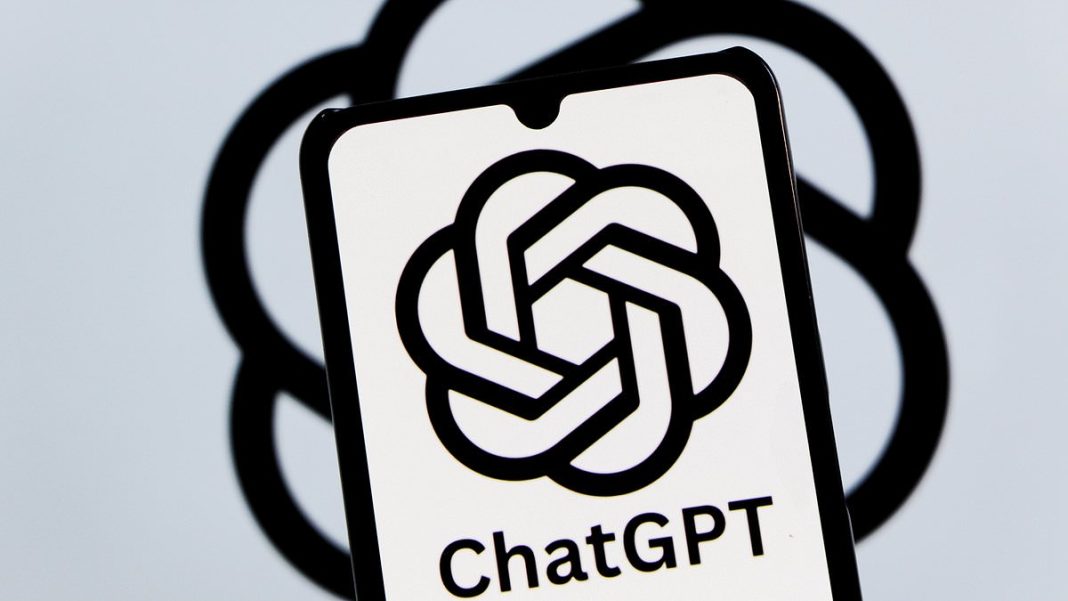Over 560,000 ChatGPT Users Show Mental Health Crisis Signs Weekly
OpenAI has revealed startling data showing more than half a million ChatGPT users exhibit signs of mania, psychosis, or suicidal thoughts every week. The AI company disclosed that 0.07% of its 800 million weekly users display symptoms of serious mental health emergencies.
Key Mental Health Statistics
- 560,000 users weekly show signs of mania, psychosis, or suicidal thoughts
- 1.2 million users (0.15%) send messages with explicit suicidal planning indicators
- Over 1 million users display ‘exclusive attachment’ to ChatGPT at the expense of real-world relationships
Growing Concerns and Legal Challenges
The revelations come as OpenAI faces increasing scrutiny over AI’s mental health impacts. The company is currently being sued by the family of Adam Raine, a teenage boy who died by suicide after months of chatbot conversations. In another case, Connecticut prosecutors suggest ChatGPT fueled delusions in a murder-suicide incident.
“It’s encouraging to see companies like OpenAI working with clinicians to improve model safety, but the problem is likely far from solved,” said Dr. Hamilton Morrin, psychiatrist from King’s College London.
Expert Analysis: Correlation vs Causation
Dr. Thomas Pollak, consultant neuropsychiatrist from South London and Maudsley NHS Foundation Trust, cautions that while the numbers are concerning, it’s unclear whether ChatGPT causes mental health crises or simply reflects broader population trends.
“With 800 million weekly users, even a small percentage represents a very large number of people,” Dr. Pollak told Daily Mail. He notes that AI might act as a “catalyst or amplifier in vulnerable individuals, much as social media or cannabis can do in other contexts.”
OpenAI’s Response and Safety Measures
In response to these concerns, OpenAI has assembled a panel of 170 mental health experts and improved its models’ ability to handle sensitive conversations. The company claims its new GPT-5 model shows 91% compliance with desired behaviors, up from 77% in previous versions.
CEO Sam Altman announced the company would “safely relax” restrictions on mental health support usage, acknowledging previous limitations made ChatGPT “less useful/enjoyable to many users who had no mental health problems.”
OpenAI maintains there’s no causal link between poor mental health and using its services, stating mental health symptoms are “universally present in human societies” and naturally appear in some conversations given their massive user base.









